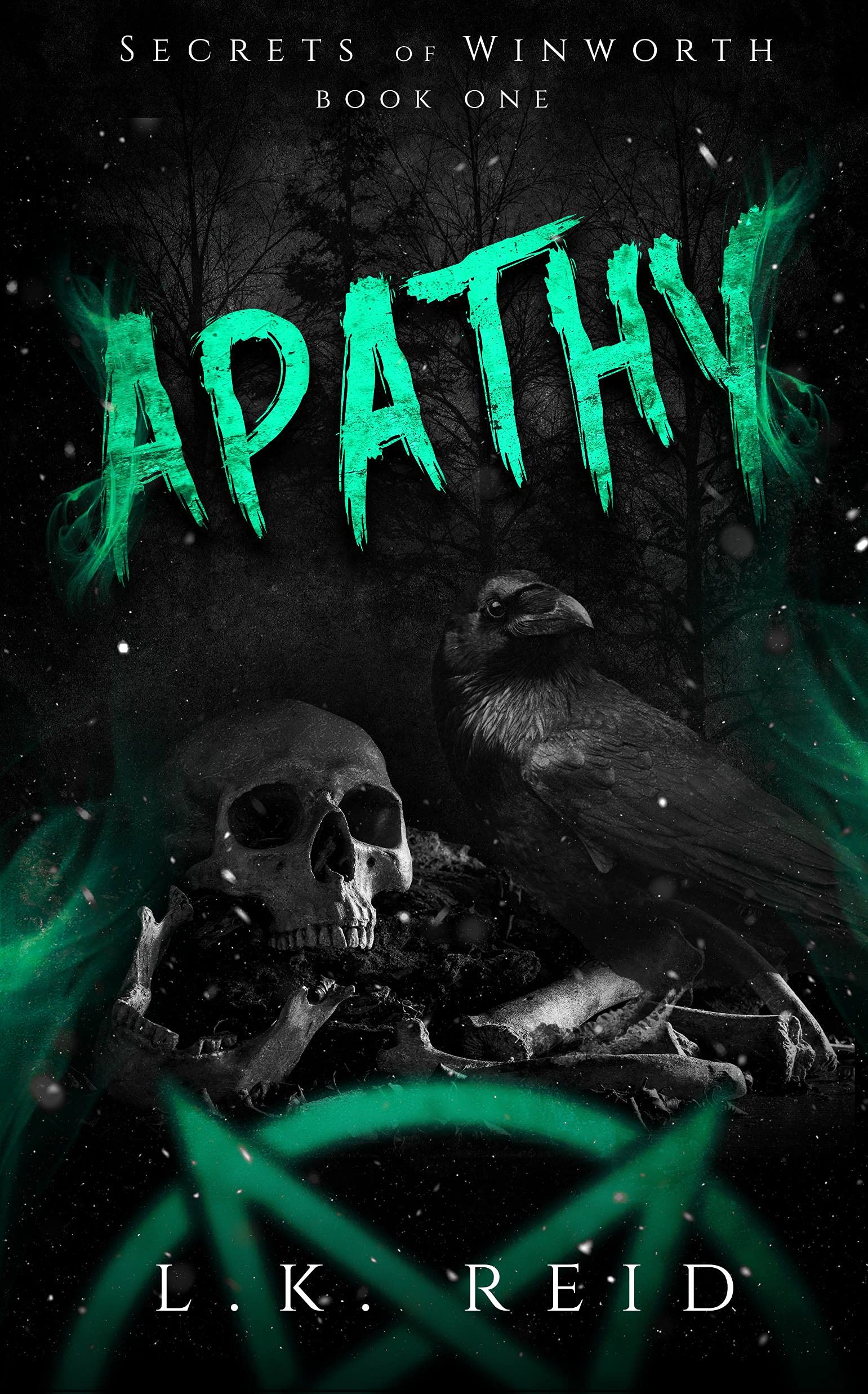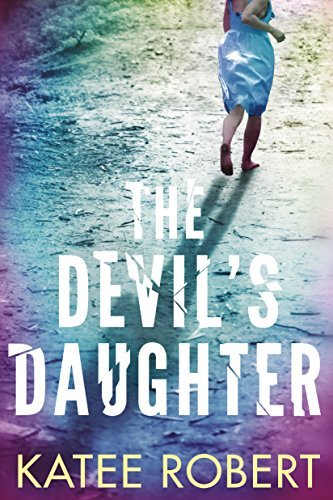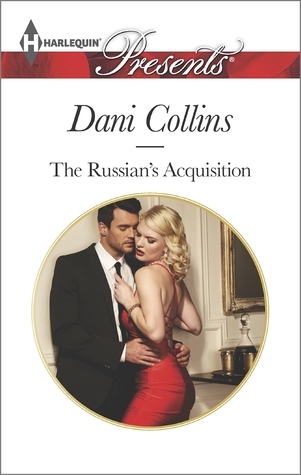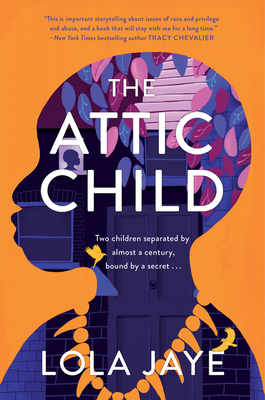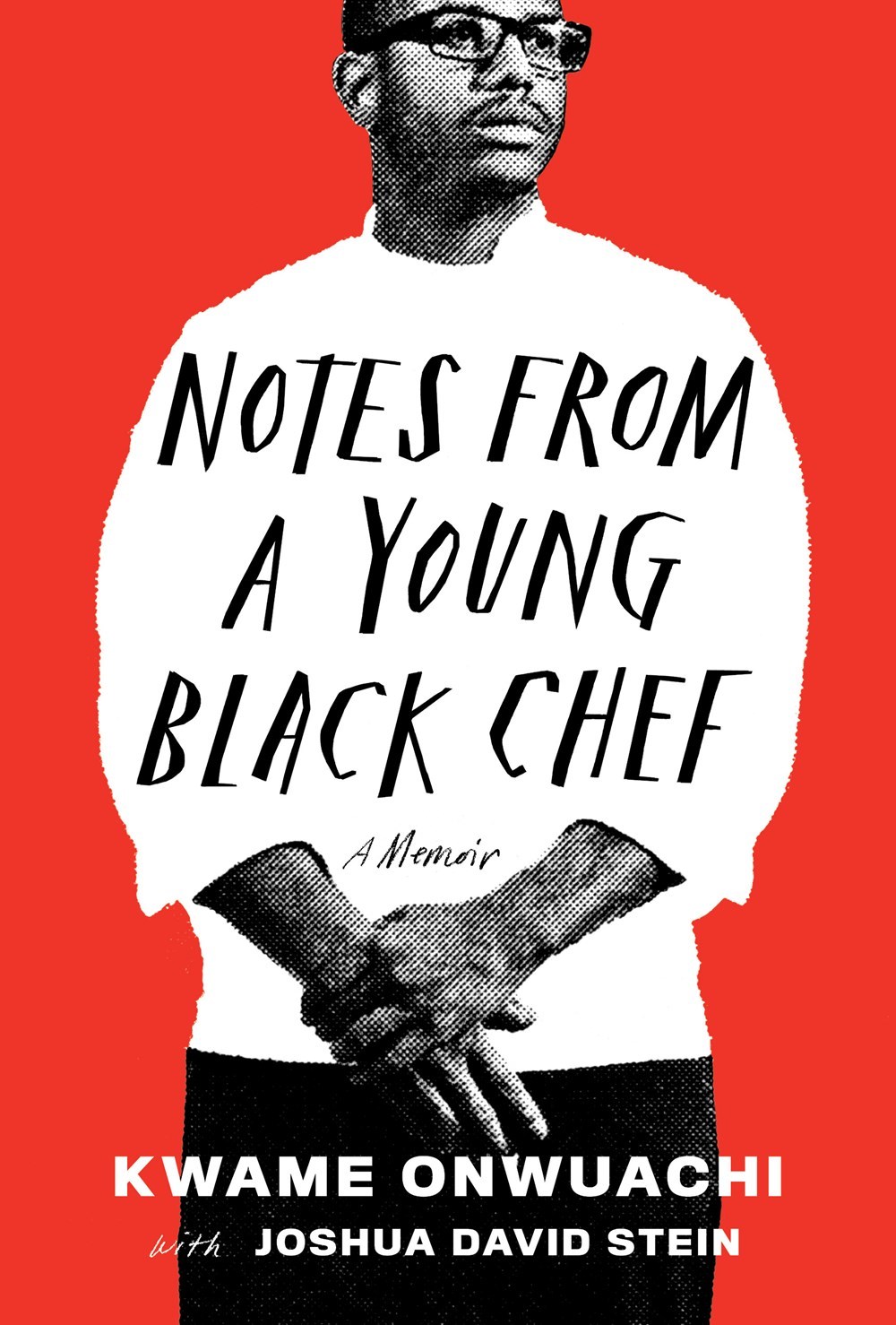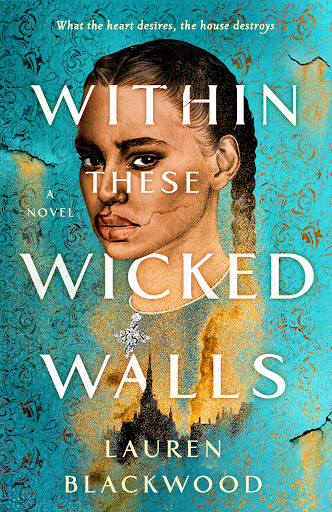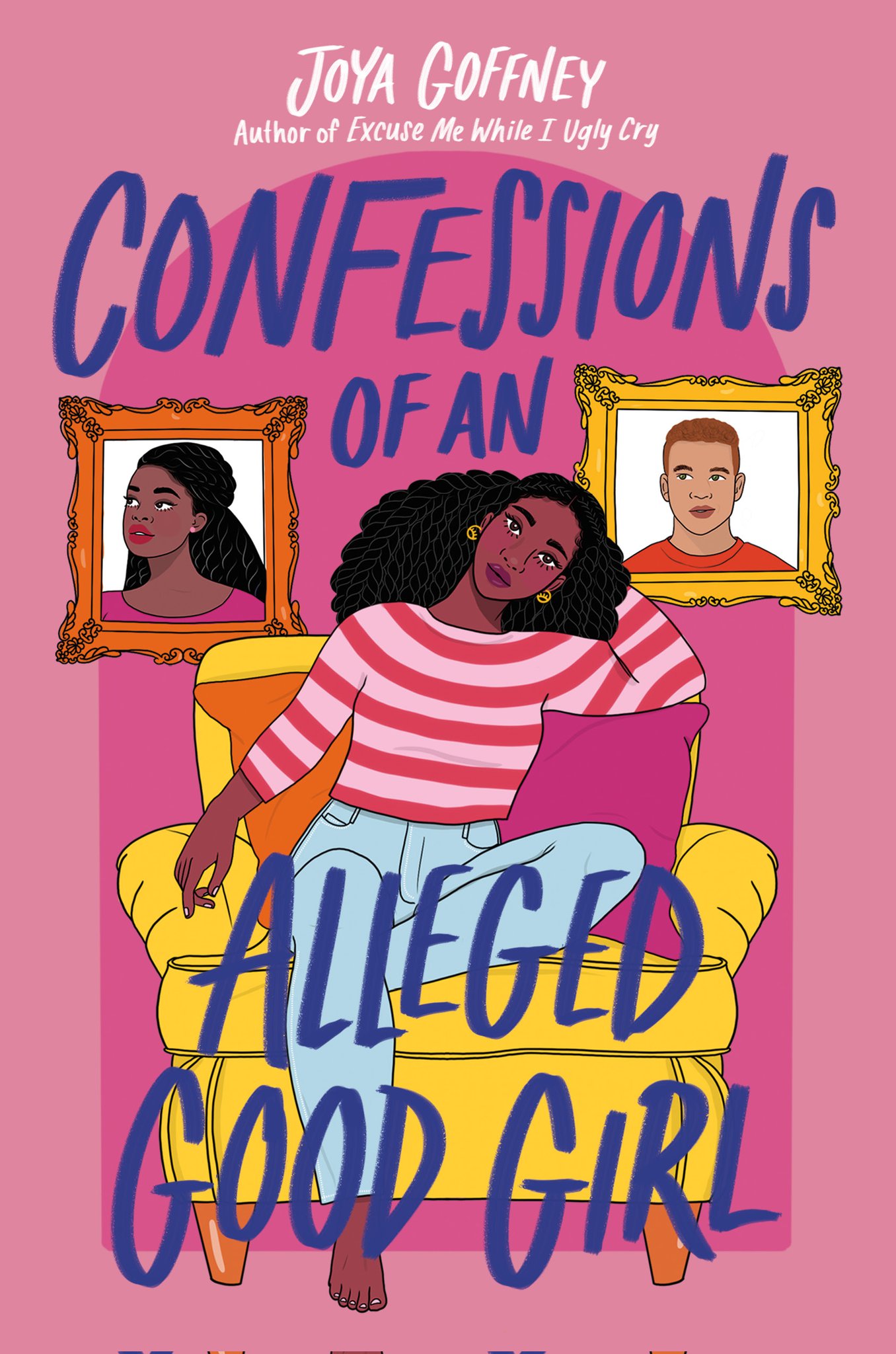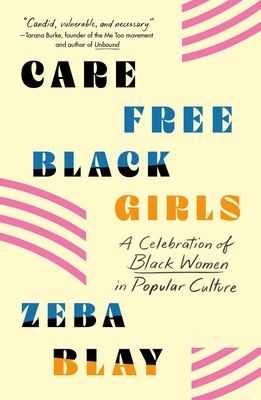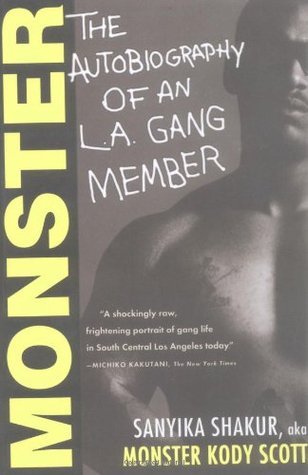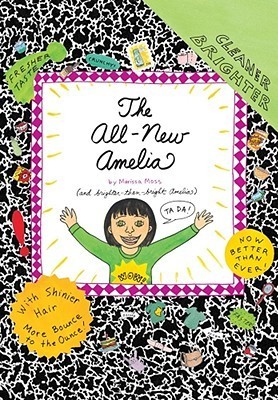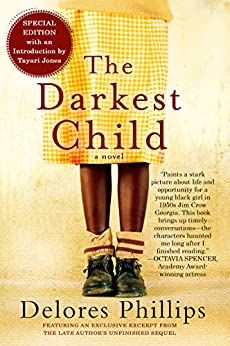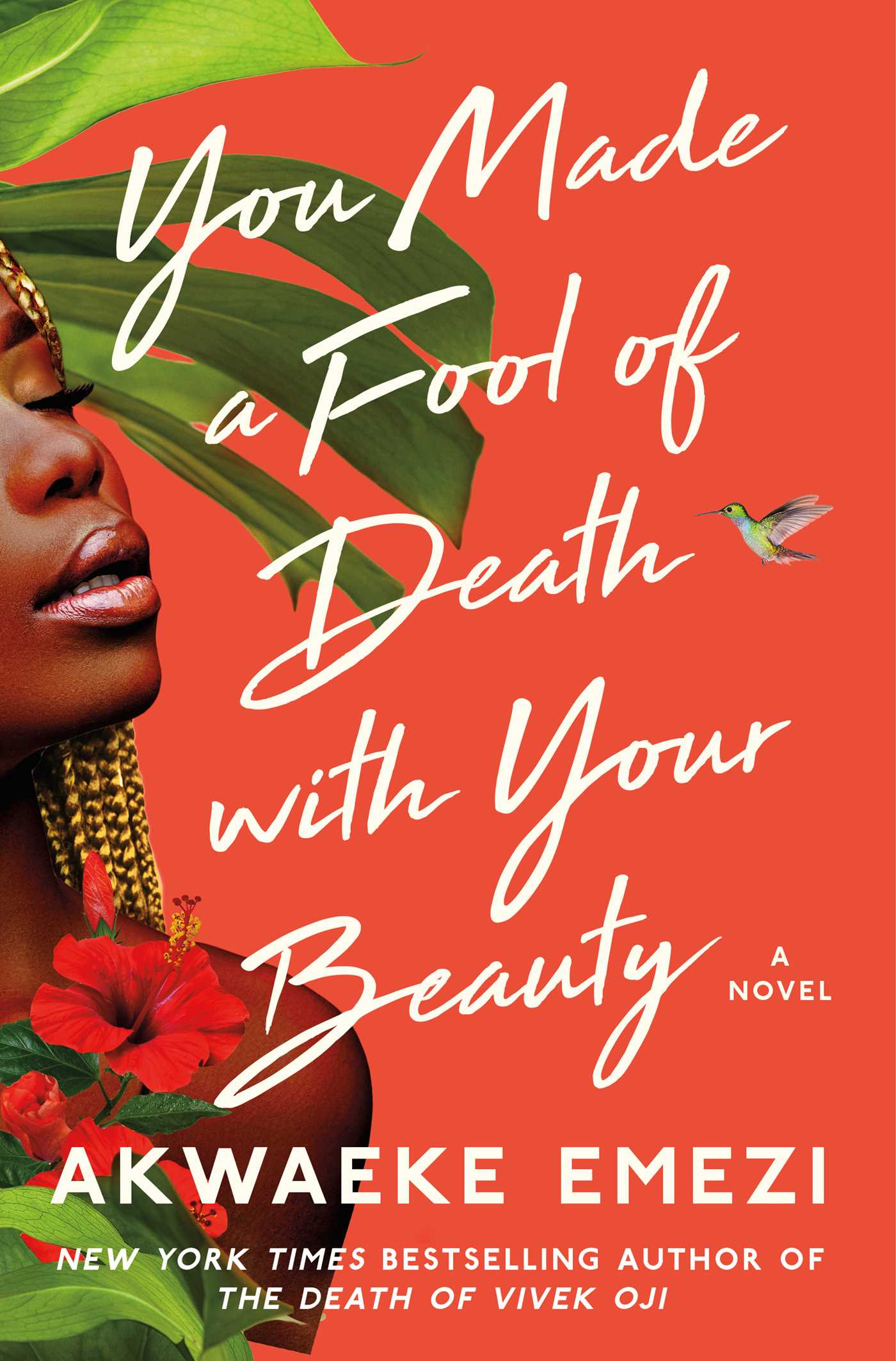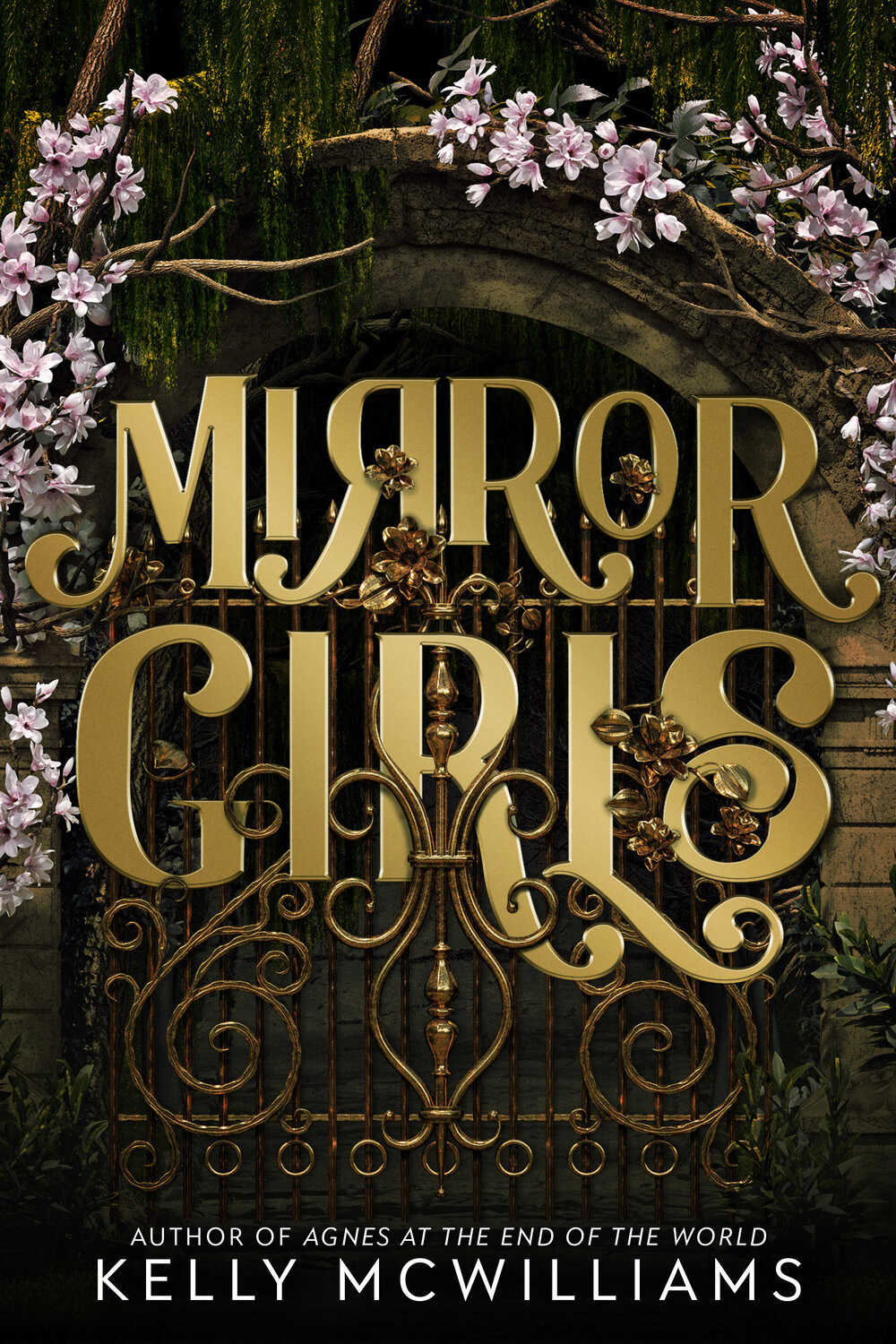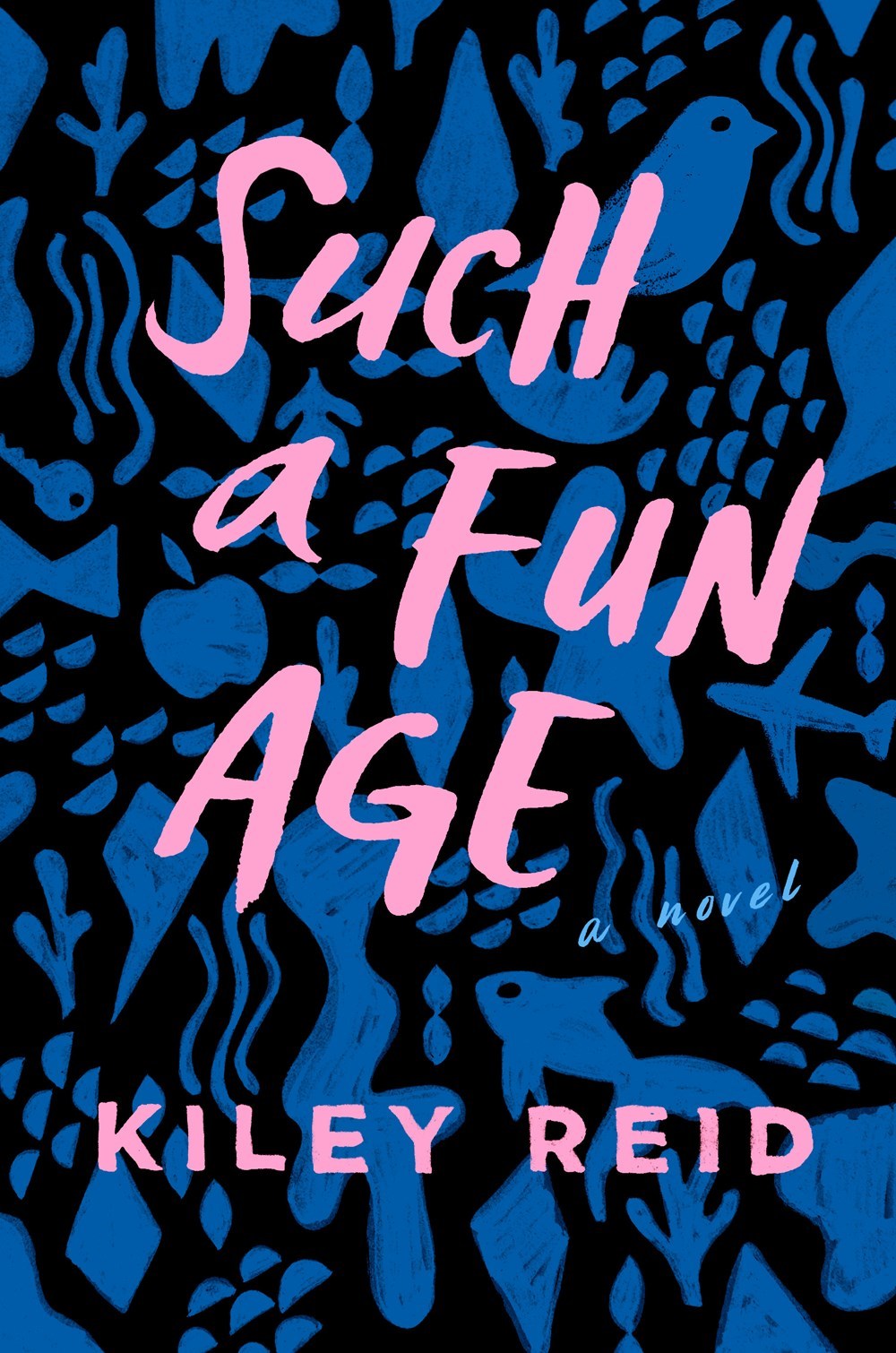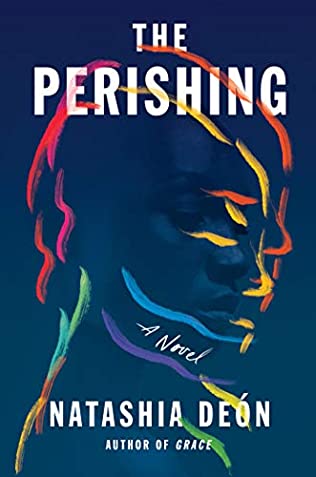DEAR MARTIN is a frustrating read-- for both good and bad reasons. I put off reading this book, actually, because I only felt lukewarm about the last Nic Stone book I read, and I didn't want to write a negative review for a book that's right up there with THE HATE U GIVE in terms of its place in canonical literature for Black teens. (I just looked up the title of the other book I read; it's called JACKPOT.) But as I saw more and more of my friends hyping this book up, I got major FOMO. And finally, here I am, checking it out.
DEAR MARTIN is about a teen boy named Justyce. He is one of the few Black students at his posh prep school, and the distance between him and the other kids always seems vaster whenever there's something in the news about an act of police discrimination or police violence against someone who looks like him. Nowhere does this show up more than in debate club, where his teacher, Doc, likes to introduce controversial and real world issues.
Like racial inequality.
MILD SPOILER but pretty soon Justyce ends up becoming the center of exactly one of these sorts of news stories, and he gets to bear the brunt of all the baggage that comes from that: people speculating that a cop wouldn't have bothered him if there wasn't something to be bothered about, people suggesting that he was probably in a gang. Justyce obviously knows what he is and he isn't, but having his identity questioned so publicly leads to an internal crisis of his own. If everyone is going to assume the worst of you anyway, why bother even trying to play by the rules?
So first, the good. DEAR MARTIN packages some pretty high level issues in a way that is easy for kids to process and understand. A lot of kids struggle with recognizing fake news or understanding that articles can be written with an agenda by manipulating their audiences with certain dog-whistle phrases or emotionally loaded language. So by showing us Justyce's study and then contrasting that with articles that do a verbal sleight-of-hand with information to work their spin, she introduces a young audience to media manipulation, and the ability to be skeptical and critical about what you read. Which is a very valuable and underrated skill. She also makes an attempt at nuance, showing how racism can exist within the Black community, and why kids might turn to a gang life in the first place. Pretty privilege and colorism are also discussed, which are topics that sometimes aren't touched upon in books about discrimination. It also packs a pretty emotional punch. There were several parts where I got misty-eyed.
That said, there were a couple flaws. The author used a mixed media format, which I usually like, but she did it in the same weird way that didn't quite work for me in JACKPOT. The news articles were great for the reasons I mentioned before (that spin, though), and I thought Justyce's diary entries to Martin Luther King Jr. were interesting but that felt like something a younger kid might do, rather than a kid who is college bound. Justyce didn't really have a dreamy or quirky personality, either, so having him do something like this felt kind of weird. The author also did this thing where she would have normal dialogue and then the narrative would randomly switch to a script-like format, sometimes within the same paragraph. I'm not sure what the point of this was, but it ended up making parts of the book feel like a draft that didn't get fleshed out. I also didn't love the romance. Like in JACKPOT, it felt like an afterthought. Especially since so much of the dialogue in here feels canned, like it could have been shot for one of those sensitivity training videos that they force you to watch in the work place. No hate towards the videos-- the actors in them usually do a good job making you feel the cringe and sometimes I, being the reader that I am, get weirdly invested in those stories-- but they were created as teaching tools, and their behaviors are all highly exaggerated and driven in a way that makes them vehicles for the plot, rather than vehicles of their own agency, and I feel like that was the case here.
***SPOILERS FOR THE ENDING***
I'm sorry, but I didn't really find the ending satisfying at all. Having the racist kid suddenly realize he was racist(!) and minor in African American studies was almost laughable. I get that people change, but this kid is one extremist YouTube video away from having a MAGA Twitter account, so having him go from "they're taking MY spots in college!" to "Toni Morrison is my Patronus" (exaggeration) felt, well... like a choice. I also felt like having the cop who caused Justyce all his problems get unalived in jail was a cheap way out. I get why the author did it-- it seemed like Justyce was going to lose the trial, and I'm sure she was afraid that would depress her readers, but vigilante justice felt a bit like a deus ex machina. Especially since prison "justice" is a reflection of a flaw with prison-- lack of protection for those who need solitary, especially for people of color-- and prison itself is an institution that is rife with discrimination, especially for-profit prisons that benefit on holding people longer than they should. This made the "yay the bad cop died" ending fall kind of flat and feel more than a bit tone deaf. Prisons are part of that same broken justice system, and not a means to a much-denied end.
So overall, this book was... FINE. It's fine. Seriously, it's fine. It's not harmful. It tried to do the thing. It tells a decent story. For a younger audience who hasn't read other books on this subject, I think it would be a great stepping stone. And like I said, the book packs an emotional whollop at times and I got invested enough to keep reading. Justyce is a flawed and interesting young man and I am sure his conflicts will resonate with a lot of readers. It just didn't happen to be my favorite. YMMV.
2.5 out of 5 stars


